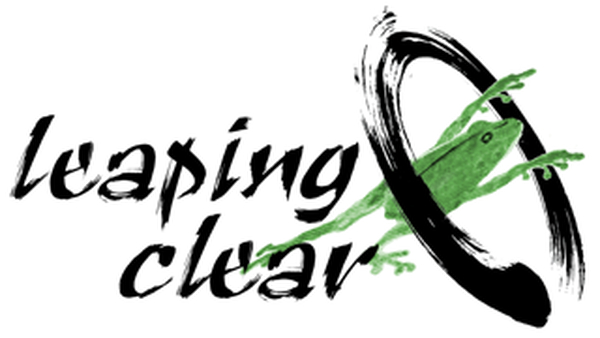Paul Hostovsky
The Thing Is
All the things that can go wrong with a body
could fill a book. Lots of books. A whole medical library.
But the thing is, there’s no point in naming them here—
names that are sometimes long and sometimes short,
sometimes Greek and sometimes Latin, and sometimes
the person who first noticed, studied, and isolated a thing
that went wrong with a body ends up giving his name
to that thing. And thenceforth the people whose bodies
have that thing are given that name for the thing they have.
Which is a nameless thing, really. Nameless as a thousand
dialects of pain. Nevertheless, people are sometimes
made to feel better when given a name for the thing
they have. At least it’s a thing, they think. It wasn’t just
in their heads. But everything is a thing before it is given
a name. Even the body you have, or, more accurately, are,
was a body before it was named. And it goes back to being one.
And that’s all that’s ever wrong with a body. That’s the thing.
Good Book
Sometimes you can’t not put the book down
to save it, savor it, smile and shake your head
at just how good the writing is
in certain places, just how fine
the choices are in the uncertain
ways, the beautiful lost ways
you trust a good writer to see you through—
can’t not put the book down
to look up a word you don’t know,
or a word you think you know but can’t
quite place, like a face you recognize
but can’t say how you know the one it belongs to,
even as you find yourself falling
in love with that face, wanting to know it
through and through—
can’t not put the book down
just to sigh, stretch, look up at the ceiling
and be in your body with the book closed
in your hand, your finger inside it holding your place,
the disappearing place where you’ve been losing
yourself, deliberately, deliciously, abstemiously,
like very fine chocolate, just a little
at a time. Okay maybe a little more.
Practice
You can’t even let go
of the blue casserole dish—
how in the world
are you going to let go
of the world? I ask myself,
standing in my kitchen
in the late afternoon sunlight
which is turning everything to gold.
Everything, that is, except the blue
casserole dish, which isn’t here
because my stepdaughter borrowed it
without asking me.
And it pisses me off because
I love that casserole dish.
Because it belonged to my mother.
Let it go, I tell myself, or maybe
that’s my mother telling me,
because she had so little time herself
to practice letting go, suddenly
finding herself on the gurney
in Emergency, apologizing
to all the nurses: “I’m sorry.
I’m not very good at this.” As if
“this” were something one could
get good at, if one practiced
letting go a little at a time,
practiced dying a little at a time,
practiced turning to gold a little at a time.
Cat Poem
The cat cleaning itself,
like the poem about the cat cleaning itself,
is focused on one thing only:
one, two, three,
and sometimes one, two, three, four
accented licks to the forepaw,
then a rub
to the ear, which is where
the true focus of all these diligent
dripping syllables lies,
the licking a kind of
calibrated flow from a faucet
onto a washcloth,
and the softly repeating hook
to the ear a kind of chorus, a kind of
Q-Tip, a kind of hook
that has distracted you from your life,
from yourself, from your focus
on yourself, the way the cat
suddenly stops, looks up, ears shaped
like a hat changing heads
on its head, listening for something else
to focus on. Then, detecting
nothing out there more compelling
than this, it returns to it,
and gives itself over to it
utterly.
Paul Hostovsky
I was introduced to Vipassana meditation a number of years ago when a friend invited me to "a New Year's Eve party" at a place called Insight Meditation. I pictured noisemakers, conical hats, champagne flowing. When we got there—I'll never forget this—we entered a large room on the top floor with more than a hundred people sitting in total silence. “Well, this is different,” I remember thinking to myself. I took a seat, closed my eyes, and thought: “You can do this.” It felt, somehow, like coming home, comfortable and familiar. And so I joined in, simply sitting, simply breathing, right through to midnight, bringing in the New Year like that. I was hooked. Been doing it ever since.
Paul Hostovsky is the author of ten books of poetry, most recently, Late for the Gratitude Meeting (2019, Kelsay Books). His poems have won a Pushcart Prize, two Best of the Net awards, the FutureCycle Poetry Book Prize and the Comstock Review’s Muriel Craft Bailey Award. His poems have also been featured on Poetry Daily, Verse Daily, and the Writer’s Almanac. He makes his living in Boston as a sign language interpreter and Braille instructor.
More on Paul Hostovsky’s work can be found on our Links page.

